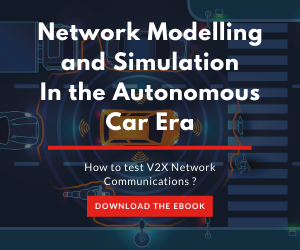Covid-19 has had a massive effect on people’s lives globally, and many different industries have felt its impact. One of these is the automotive sector.
However, just as the global coronavirus outbreak has presented the industry with significant challenges, it might also point the way to a future that is markedly different. It has forced the automotive industry to look at itself and, in the process, given it some useful lessons about adaptability and, ultimately, survival.
How has lockdown affected the automotive industry?
Lockdown has dealt a massive shock to economies worldwide. The automotive industry had already been facing big challenges, with emissions targets to meet, Brexit being imminent and the push towards adopting new technologies such as electric vehicles.
But lockdown has meant a sudden change. Vehicle production in the UK fell by 38 per cent in March 2019. Once the lockdown was in place, all vehicle plants closed. At the other end of the production and sales cycle, the impact was similarly dramatic.
People could not go out, car showrooms closed, and consumer confidence vanished almost overnight.
Beyond the UK’s borders, many car factories worldwide suspended production, while the closure of dealerships caused a massive sales slump. In Europe, car sales were down 80 per cent in April 2020. Meanwhile, in the UK the figures were more dramatic with a 97 per cent fall.
What might the long-term effects of Covid-19 be?
Like other areas of the economy, the automotive industry faces an uncertain future. Because the eventual outcome of Covid-19 is uncertain, this impacts everything else. For example, car manufacturers are having to renew production under social distancing conditions. This has implications for the volume and pace of car production.
Jaguar Land Rover reported the first Range Rover made under social distancing conditions in May.
One potential technological adaptation is VR Prototyping.
This involves using specialist software platforms to create a virtual rendering of vehicles and components, which engineers can then use to develop, test and iterate their designs. They can accomplish this type of collaborative working remotely, while maintaining social distancing. VR prototyping is a versatile approach to problem-solving, which works with headsets, visual displays and virtual environments.
Despite the uncertainty, car sales in the UK bounced back in July after the easing of coronavirus lockdown restrictions. The sales of electric vehicles continue to rise too.
This suggests that there is an appetite for change, and for adopting new technologies to improve vehicle performance and the driver experience.
Why digital is driving the future?
Connectivity and the interconnectedness of people within the economy, and their own communities, have been major features of lockdown. Digital continues to drive the future, even if it has been the only channel of choice in many instances.
For the automotive industry, digital connectivity is critical to the cars it is making now, and the cars it will manufacture in the future.
Lockdown has increased consumers’ adoption, and willingness to embrace, different forms of communication.
We should not underestimate this process of familiarisation and acceptance when it comes to cars. We are already seeing the enormous importance of vehicle-to-everything communications in modern, smart cars. They will become even more significant in the era of the autonomous car. The sort of advanced manufacturing technology that, so far, has largely applied itself to prototyping and simulation, is getting ready to enter the real world of consumers.
How will remote working influence car use?
Another significant aspect of Covid-19 has been the widespread adoption of remote working. Many businesses have found this to be revelatory, with a potential long-term knock-on effect on commuting and the culture surrounding it. This is likely to affect car use in two ways:
- An overall reduction in it, and
- A switch in the type of cars people use.
Reduced commuting might favour smaller, more energy-efficient electric and autonomous vehicles.
An extended change in behaviours, such as remote working and social distancing, could bring forward consumer intentions, so that technologically advanced cars become the vehicles of choice.
Just as electric vehicles are becoming more mainstream, so too could self-driving cars.
Automation and social distancing
No one can predict the long-term effects of Covid-19, but it could become a recurrent factor in our lives.
In these circumstances, social distancing in some form, will become the norm, even if it occurs periodically when there are outbreaks of the virus.
For the automotive industry, both in production and in driving (or driverless) technology, automation will be the key. The reliance of vehicle users on V2X communications, and the reliability of the networks that support them, will become more and more acute.
How can the automotive industry be proactive about this potential future scenario?
It is about embracing the future, and future possibilities, including both electric and autonomous vehicles.
The importance of resilient networks
How can automotive manufacturers ensure that the networks that support essential V2X technologies are suitably resilient and robust?
We have mentioned how connectivity has taken on a whole new significance during lockdown. It is also an essential element in the successful growth and development of self-driving vehicles.
Connectivity will be the cornerstone of the autonomous car era.
Network modelling and simulation tools offer highly accurate, rapid and effective means of testing the resilience of networks, preparing the conditions for road safety in the age of the autonomous car.
These tools include QualNet and EXata platforms from Scalable Network Technologies.
To learn more about it, download our free ebook:
This future is already unfolding. The R&D automotive specialist KATECH, the Korean Automotive Technology Institute, has integrated EXata into its driving simulators, recognising the importance of connectivity in automotive development.
The future with Covid-19 is uncertain, but the future of the automotive industry is about embracing practical technologies to improve the vehicles of the future.
With our partners Scalable Network Technologies, we are hosting a webinar about the future of V2X and network modelling and simulation tools: Connectivity: The Autonomous Car Era.
Register here.





















